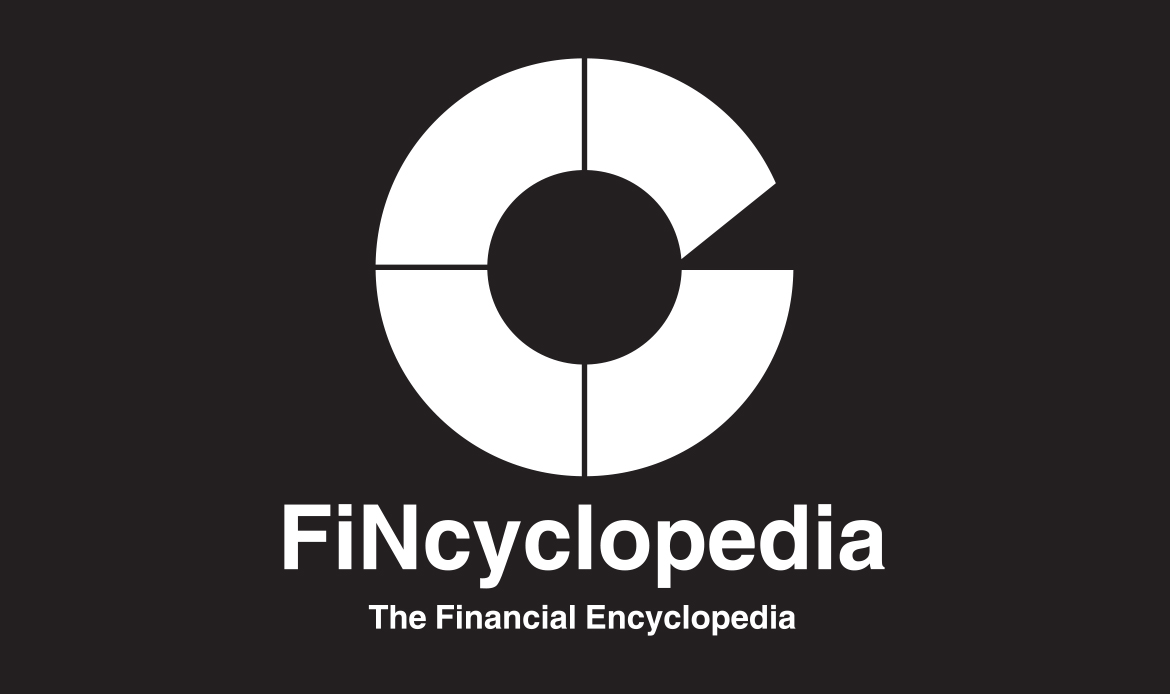A shari’a description of (and ruling or hukm on) an act or conduct which a Muslim has to avoid or refrain from. However, an individual committing it would not be punished or discredited on that account. In other words, makruh is an act/ conduct that would incur neither punishment nor moral blame according to the majority of fuqaha (Islamic jurists) or jumhur. It is often said that “if an individual leaves a makruh, reward is expected; and if he/ she does it, no punishment is enacted”. Fuqaha classify human actions according to their desirability into five categories, among which is makruh (also spelled makrooh). Under shari’ah, makruh comes in two categories: makruh tahrimi (strictly forbidden) and makruh tanzihi (the prohibition is not definite and binding).
Correspondingly, makruh may also refer to anything that if an individual uses or consumes it in moderation, it is not forbidden, and if used or consumed in excess it becomes forbidden (haram). A specific type of makruh was mentioned in Hanafi references: makruh tahrimi. It refers to specific acts that entail moral blame but not material punishment (i.e., anything that is outspokenly discouraged but without a hard evidence that would otherwise render it haram).
An example of makruh is overspending and unnecessary spending, whether in personal or commercial spheres.
Makruh (مكروه) is Arabic for abominable, reprehensible, undesirable, detested, disapproved, etc.



